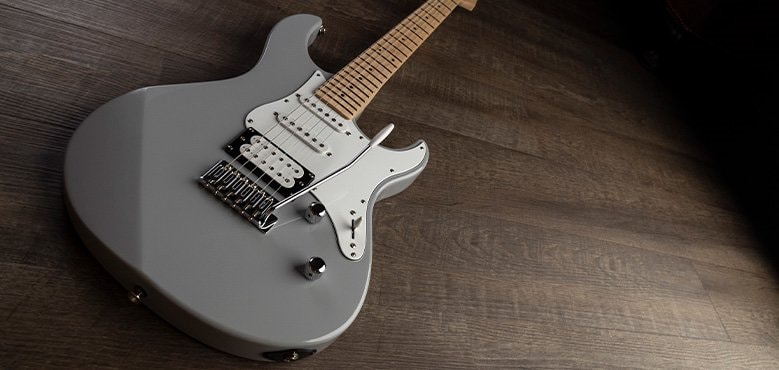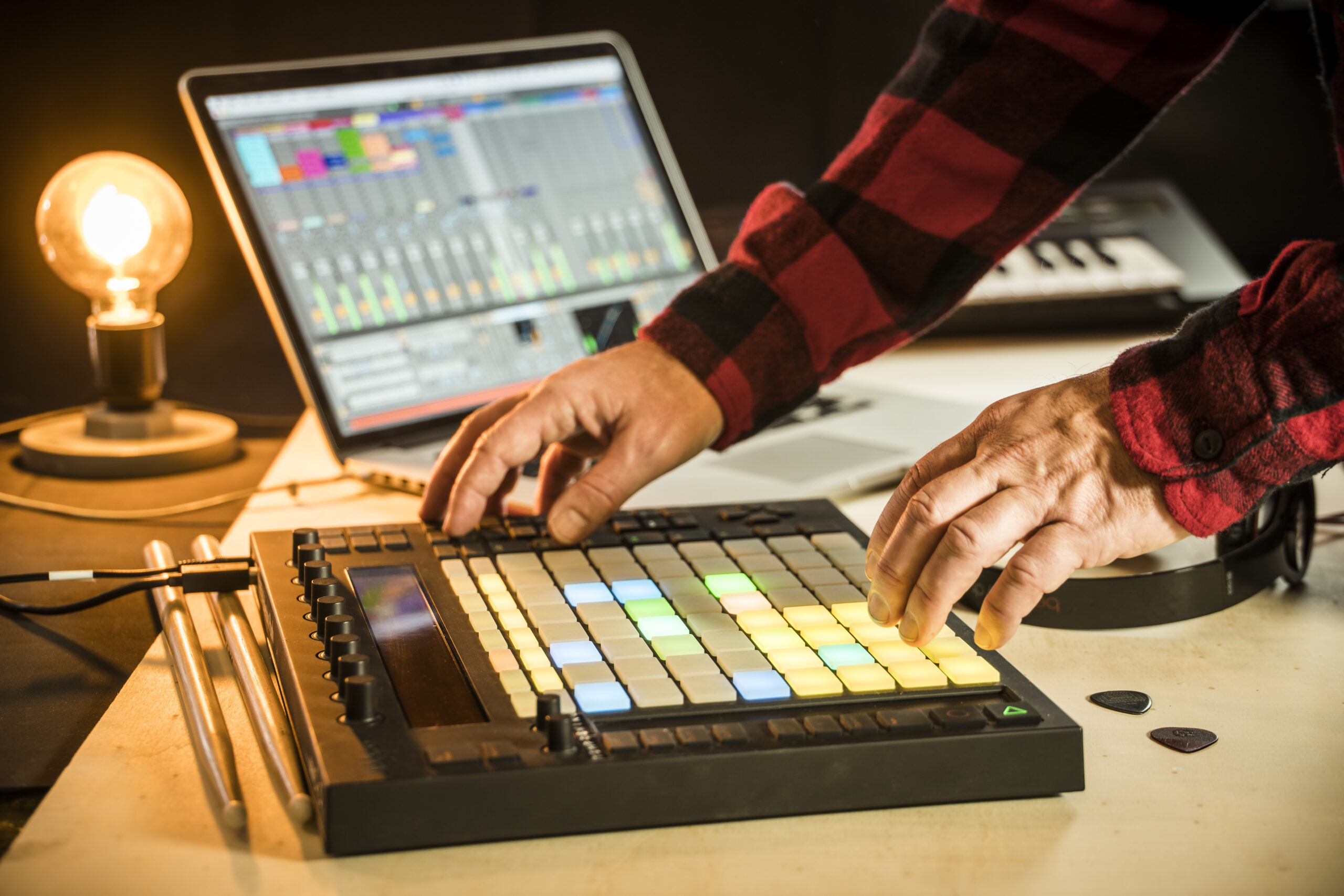Ableton Live vs Logic Pro Which is Better for Beginners
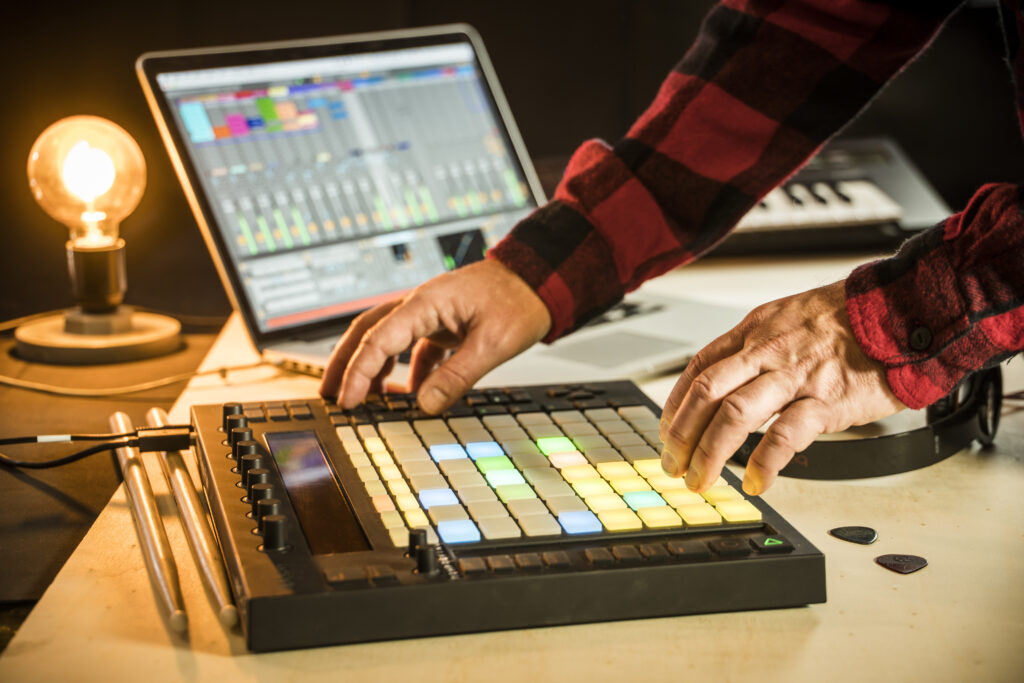
Are you a music producer looking to take your skills to the next level? In this article, we will compare two of the most popular digital audio workstations – Ableton Live and Logic Pro.
We will explore the main differences in terms of workflow, MIDI composition, audio recording and editing, arrangement styles, built-in tools, instruments, effects, value for money, hardware compatibility, extra features, and price. By the end, you’ll have a better understanding of which program may be best suited for your needs.
Ableton Live vs Logic Pro: Key Takeaways:
- Ableton Live’s loop-based arrangement makes it easier for beginners to create music, while Logic Pro’s linear arrangement may be more suitable for traditional songwriters.
- Both Ableton Live and Logic Pro offer a variety of built-in tools, instruments, and effects, making them ideal for beginners who may not have access to external plugins.
- While Ableton Live has a higher price point, its intuitive interface and live performance capabilities make it a strong choice for beginners looking to experiment and create unique music.
Main Differences between Ableton Live and Logic Pro
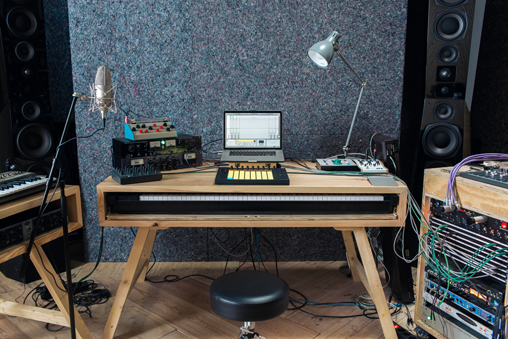
In terms of music production, two prominent Digital Audio Workstations (DAWs) stand out – Ableton Live and Logic Pro.
While Ableton Live is known for its intuitive session view, which allows for non-linear composition and live performance capabilities, Logic Pro is praised for its robust set of virtual instruments and high-quality sound libraries. Ableton Live’s unique feature, Live Clips, enables quick loop-based music creation, whereas Logic Pro offers a more traditional arrangement view for detailed, timeline-based editing.
Workflow
Workflow plays a crucial role in the efficiency and creativity of music producers. Ableton Live is known for its innovative Session View, offering a non-linear approach to music creation, whilst Logic Pro’s Arrangement View provides a more traditional linear workflow for track production.
In terms of session management, Ableton’s Session View allows for improvisation and experimentation by triggering loops and clips in real-time. Conversely, Logic Pro’s Arrangement View excels in detailed song structuring and precise timeline editing, ideal for arranging complex compositions with ease.
In terms of MIDI editing, Ableton Live boasts a fluid and intuitive MIDI workflow, give the power toing users to quickly manipulate notes and automate parameters on the fly. On the other hand, Logic Pro offers a robust MIDI editor with advanced features for detailed note editing and intricate musical arrangements.
MIDI Composition
MIDI composition is a fundamental aspect of music creation in DAWs. Logic Pro’s MIDI capabilities, including its robust MIDI editing tools and integration with Logic’s instruments, provide a comprehensive platform for intricate music composition.
In contrast, Ableton Live excels in MIDI manipulation through its intuitive workflow and powerful MIDI tools, such as Ableton’s Sampler and MIDI effects.
Logic Pro’s MIDI editing features offer a plethora of options to fine-tune note lengths, velocities, and articulations, making it a go-to software for producers who demand precision in their compositions.
On the other hand, Ableton Live’s innovative Sampler allows users to create unique sounds by manipulating samples in real-time, adding a creative edge to the music-making process. Users often appreciate Logic Pro for its extensive library of software instruments, while Ableton Live stands out for its flexible MIDI routing capabilities.
Audio Recording and Editing
Audio recording and editing are essential functions for music producers. Logic Pro now offers advanced audio recording capabilities that cater to the needs of both beginners and experienced producers.
Ableton Live users are known to benefit from the seamless integration between audio and MIDI editing, providing them with a smooth and efficient workflow that significantly enhances their creative process. In comparison to Logic Pro, where the recent enhancements focus heavily on refining audio recording features, Ableton Live shines in its versatility with MIDI editing, allowing users to manipulate and craft their music with precision and ease.
Linear Arrangement
Linear arrangement in DAWs provides a structured approach to track production. Logic Pro’s renowned Arrangement View offers a powerful platform for linear music arrangement, allowing producers to organise and edit their tracks with precision. The latest version, Logic Pro 10.5, introduces enhanced features that further streamline the linear arrangement process.
One of the key benefits of working in Logic Pro’s Arrangement View is the straightforward layout it offers. With a timeline-based structure, producers can easily visualise the progression of their music and make precise adjustments to individual tracks. This visual representation simplifies the editing process, making it efficient and intuitive for users. Logic Pro 10.5 enhances this experience by introducing new tools and functionalities that enhance workflow efficiency and creative possibilities.
Loop-based Arrangement
Loop-based arrangement is a popular method for creating music loops and patterns. Ableton Live’s intuitive Session View facilitates loop recording and real-time arrangement adjustments, making it a preferred choice for producers who thrive on improvisation and experimentation. The latest version, Ableton Live 11, enhances the loop-based workflow with new features and tools.
One of the standout capabilities of Ableton Live’s Session View is its ability to effortlessly manipulate loops on the fly, allowing users to experiment and create dynamic arrangements with ease. This real-time flexibility give the power tos musicians to explore different musical ideas without interrupting the creative flow.
In Ableton Live 11, the software has further refined its loop recording functionalities, providing enhanced tools for capturing spontaneous bursts of creativity and seamlessly integrating them into the arrangement. These improvements streamline the process of capturing and refining musical ideas, offering a more efficient and intuitive workflow for producers.
Built-in Tools
The built-in tools in a DAW can significantly impact a producer’s workflow and creativity. Ableton Live offers a diverse range of stock instruments and tools that cater to various music genres and production styles. The upgraded Live 11 Suite enhances the arsenal of stock tools available to producers, providing more creative options and possibilities.
One notable aspect of Ableton Live’s stock instruments is the incorporation of advanced synthesis techniques, such as wavetable, analogue, and FM synthesis, allowing producers to experiment with a wide range of sonic textures and timbres.
The addition of new MIDI effects like ‘Mutate‘ and ‘Probability‘ in Live 11 Suite enables users to generate randomised patterns and add dynamic variations to their compositions effortlessly.
With a revamped user interface and improved workflow enhancements, Ableton Live has solidified its position as a premier choice for music producers seeking powerful built-in tools to elevate their creative endeavours.
Instruments
Instruments play a vital role in music production, shaping the sound and character of a track. Both Ableton Live and Logic Pro offer a variety of instruments, with Ableton’s Max for Live extending the creative possibilities for producers within the software.
Logic Pro’s instrument lineup includes a blend of virtual synthesizers, samplers, and vintage keyboards, catering to diverse musical preferences.
In contrast, Ableton Live’s integration of Max for Live goes beyond traditional instruments, allowing users to create custom devices and unique soundscapes directly within the software environment. This feature opens up a world of experimentation and customisation for producers seeking innovative sounds.
Effects
Effects are essential for enhancing and refining the audio output in music production. Logic Pro boasts a comprehensive suite of effects that range from EQs and reverbs to specialised creative tools, give the power toing producers to sculpt their sound with precision. Ableton Live’s Live 10 Suite features a wide array of effects plugins that cater to various mixing and mastering needs.
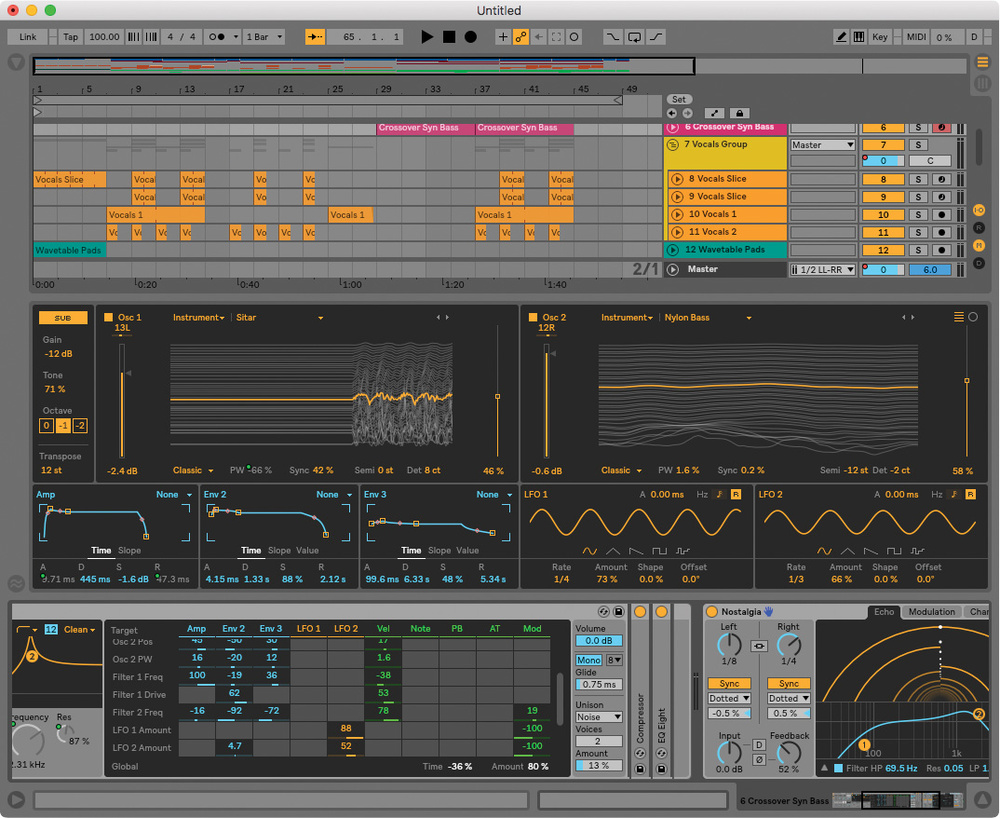
One of the standout features of Logic Pro’s effects suite is the seamless integration of its stock plugins, which offer a myriad of sonic possibilities. From the iconic Space Designer reverb to the versatile Channel EQ, producers can experiment with textures, colours, and tonal shaping effortlessly.
On the other hand, Live 10 Suite excels in providing customisable and intuitive audio processing tools through its Max for Live integration, allowing users to explore limitless creative avenues with instruments, audio effects, and MIDI effects.
Value for Money
Value for money is a crucial consideration for producers when investing in a DAW. Logic Pro and Ableton Live offer different pricing models and package features, catering to the needs of various producers. A thorough comparison between the two software in terms of pricing, features, and included tools can help producers make an informed decision based on their budget and requirements.
Logic Pro, developed by Apple, is priced as a one-off purchase, making it an attractive option for those who prefer a traditional payment structure while benefiting from long-term value. On the other hand, Ableton Live follows a subscription-based model, appealing to users who value continuous updates and support.
When comparing the included tools, Logic Pro offers a rich library of virtual instruments, loops, and effects to enhance musical creativity, whereas Ableton Live is renowned for its innovative session view and real-time performance capabilities.
Depending on the preferred workflow and production style, producers can choose the DAW that aligns best with their needs and preferences.
Hardware Compatibility
Hardware compatibility is essential for a seamless music production experience. Ableton Live users benefit from dedicated hardware controllers like the Ableton Push, designed to enhance the performance and functionality of the software. Both Mac and Windows platforms offer compatibility with Ableton Live and Logic Pro, ensuring accessibility to a wide range of users regardless of their preferred operating system.
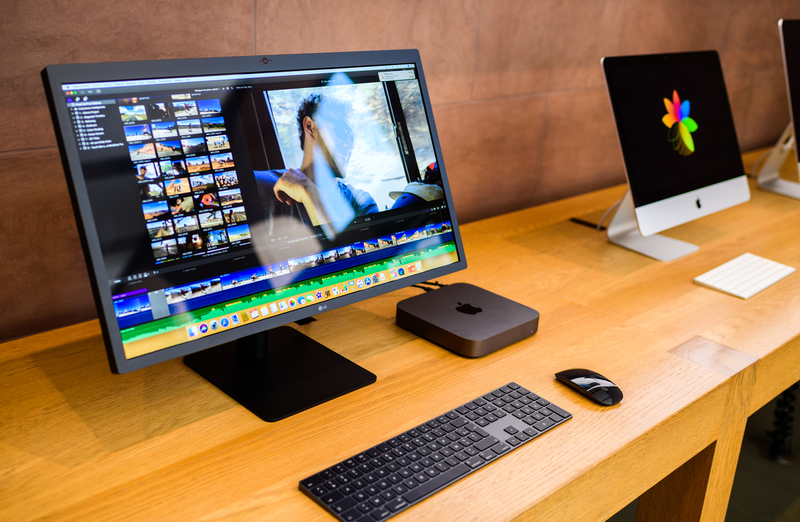
In terms of hardware integration, Ableton Push stands out for its tight integration with Ableton Live software, providing users with an intuitive and tactile interface to control various aspects of their music production process. This seamless connection between hardware and software streamlines workflow, allowing for a more hands-on and immersive creative experience.
The cross-platform compatibility of Ableton Live and Logic Pro caters to a diverse community of music producers, whether they are working on a Mac or a Windows machine. This versatility ensures that users can seamlessly transition between different operating systems without any loss of functionality or performance.
Extra Features
Beyond the core functionalities, DAWs often offer extra features that elevate the music production experience.
Ableton Live excels in sound design capabilities, with tools like Max for Live opening up endless possibilities for creative experimentation. The Live 11 Suite introduces enhancements in the software’s performance and user experience through improvements in CPU efficiency, enhanced automation capabilities, and streamlined workflow. These upgrades make it easier for producers to focus on creative exploration and musical composition rather than technical hurdles, ensuring a more seamless production process.
Price
Pricing is a significant factor in choosing a DAW, especially for producers with varying budget constraints. Logic Pro 10 and Live 11 Suite offer competitive pricing models that cater to the diverse needs of producers, balancing affordability with a rich feature set. Understanding the pricing structures and included tools in each software can help producers make an informed decision based on their financial resources and production requirements.
Logic Pro 10, developed by Apple, stands out for its premium quality and extensive range of virtual instruments and effects, making it a top choice for professionals and enthusiasts.
On the other hand, Ableton Live 11 Suite, known for its intuitive workflow and versatility, appeals to electronic music producers and performers seeking real-time control.
While Logic Pro 10 is a one-time purchase with free updates, Live 11 Suite follows a subscription-based model that includes regular updates and a diverse library of sounds and devices. This difference in pricing structures highlights the distinct approaches of Apple and Ableton in catering to the needs of their user base.
Final Verdict
In the realm of music production, selecting the right DAW is a crucial decision for producers. The final verdict between Ableton Live and Logic Pro should consider factors such as workflow preferences, feature requirements, and production goals. By conducting a comprehensive comparison and evaluation of both DAWs, producers can make an informed choice that aligns with their creative vision and production needs.
One of the paramount aspects to weigh when deliberating between Ableton Live and Logic Pro is the workflow preferences. Each DAW offers a distinct approach in terms of user interface design, arrangement view, and session view that can significantly impact how efficiently a producer can work.
Considering the feature requirements is essential. While Ableton Live shines with its innovative session view, real-time performance capabilities, and integrated devices like Ableton Push, Logic Pro excels in its virtual instruments, audio editing tools, and MIDI manipulation functionalities.
Ultimately, identifying and aligning with one’s specific production objectives is crucial. Whether it’s live performance, electronic music production, film scoring, or mixing/mastering, each DAW has its strengths and weaknesses that cater to different aspects of the music-making process.
Therefore, the decision between Ableton Live and Logic Pro boils down to a personalised assessment of one’s workflow dynamics, desired features, and end goals in music production.
Are you an aspiring writer, producer, engineer, artist or musician looking for the best courses for music producers? Hone your sound, explore your talent and unlock unique opportunities in music technology with Elevate’s online music production courses.
From the blog
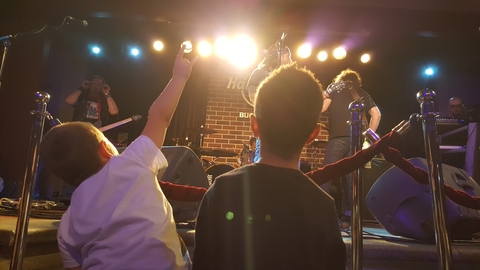
Rockstars in Training: The Best Kids’ Electric Guitars for 2024
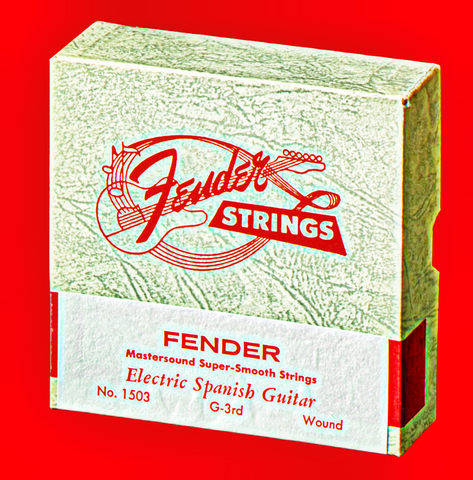
Redefining Your Riffs: How Electric Guitar Strings Shape Your Sound
